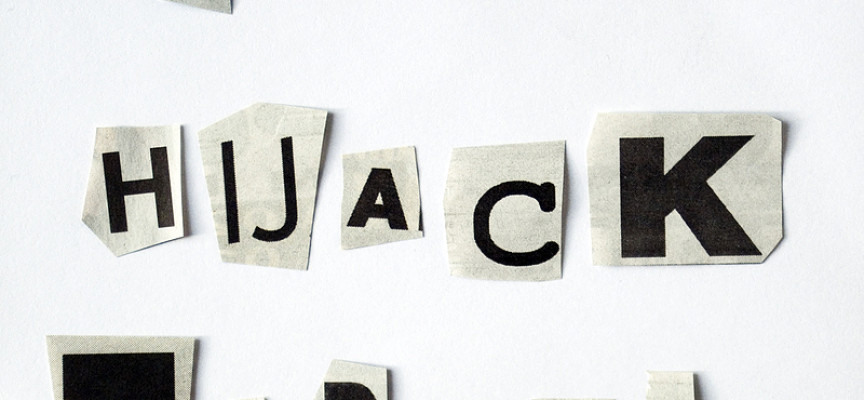As I traveled to work this morning, I flicked through the stories on Google news on my iPhone. Within the space of my twenty minute journey, I read news from Japan, Libya, Poland, the UK and the US. And just about all of it was negative.
Try to imagine what it must have been like to be alive a couple of hundred years ago. Life would have been very different. Communication would have been alot slower – no Internet, TVs, radios or phones – and the amount of information coming into your awareness would have been very limited – just a trickle, compared to the flood we are exposed to now.
I read somewhere that a single edition of the New York Times contains more information than an average person living in the 18th century would have come across in a lifetime. Whether this is really the case, it does make the point rather well. We are drowning in information. Presumably, we are biologically adapted to live in small groups in local communities – our brain can only meaningfully process so much information, and the burden of so much bad news from all around the world is not ours to carry.
We need a more deliberate, conscious approach to the news.
Understand the agenda of the news media
Obviously, media companies are trying to make money. This is their primary agenda, and their news coverage – both the content they choose to include and the emphasis they put on it – will be overwhelmingly driven by this single objective. Negative news sells. This is the reality, and so the news which appears in front of us will either be inherently bad, or will have a negative spin. News providers, of course, also have political agendas, and will often be critical of other perspectives. This is not necessarily a bad thing – there is never a neutral way of reporting news – but we should be aware of it. As is always the case in life, the simple practice of awareness can make all the difference to how we feel and how we respond.
Understand the purpose of reading the news
Many, perhaps most, people watch the news on TV or read the newspaper simply because it is right in front of them. But it is helpful to consider the purpose of engaging with the news. What are we trying to get out of it? Is it something that will be of benefit to us? Is it helpful to watch the same news items repeatedly? Should we use a variety of sources? Ask yourself ‘why?’
Limit your exposure
‘Keeping up’ with the news can be an exhausting experience. The sheer amount of information is difficult to handle, and its overwhelmingly negative quality is psychologically unsettling. While we might feel empathy for people’s suffering, it does not do us much good to be constantly aware of all the pain and distress in the world.
I flick through the news once per day for about twenty minutes. Using Google’s news feed, I can quickly get ‘up to speed’ with the main stories. Sometimes, I go for days, or even weeks, without reading or watching any news at all. I deliberately avoid newspapers and TV news programmes. The reason? Not knowing doesn’t make much – if any – difference to my life. If anything ‘big’ happens, I am always made aware of it by the conversations of those around me.
Too much bad news can be hard for us to handle – it can lead to inertia and a sense of being overwhelmed. I find that when I don’t read so much news, I have more energy to focus on my work, my family, and to make more of a difference in my local community.
I suspect that if we all spent less time on the ‘news’ and more time engaging with our communities, the world would be a better place.


well done good article
Totally agreed, look like my thoughts written by you. Thnx
Psychological warfare is not easy thing to combat, only equipping oneself with enough background knowledge on subject can restrain us from being prey of media’s negativity..
Thanks @Rubab – Awareness is the key!
The breaking news “industry” makes it difficult for me to focus. It is such a distraction that it doesn’t let you do anything at all.
Thanks for yiur suggestions Mark.
@Nida, I don’t think the news industry has much power over us … unless we allow it to.
and RSVP to this event !
http://www.facebook.com/event.php?eid=213399315342986